 Online conference fees
Online conference fees
In line with the reduced scale of the conference programme and because both the conference and the workshops are being presented online (thanks to Zoom), the pricing for both has been simplified and considerably reduced: to attend all three half-days of the conference will now cost only € 60 for members of SENSE and € 75 for non-members. The fee for attending an online workshop is now € 30 for members and € 60 for non-members. Unfortunately, it will not be possible to book separate tickets for just one or two conference days.
When you come to register, if you can't find the option you are looking for, please contact us.
| Category | Standard fee |
| SENSE members | € 60.00 |
| Members of sister societies* | € 67.50 |
| Non-members | € 75.00 |
What this fee includes:
- Three afternoons of online conference sessions
- Online networking time in small groups before, during and after the conference sessions
| Workshops | Standard fee |
| SENSE members | € 30.00 |
| Members of sister societies* | € 45.00 |
| Non-members | € 60.00 |
Members and non-members pay different fees to attend the online conference and workshops (membership costs only € 80 per year).
* MET, NEaT, SfEP, APTRAD, EASE
N.B. SENSE is not registered for VAT and does not charge VAT.
Click here to register for the online conference
© Images by photographer Michael Hartwigsen of SENSE’s inaugural conference, held in celebration of our 25th Jubilee, at Paushuize, Utrecht on 14 November 2015. All rights reserved.
2018 Conference
Englishes now!
trends affecting language professionals
Word skills for editors and translators
Jenny Zonneveld, the Netherlands
MS Word is one of the essential tools of our trade and mastering it will give you more time to focus on and enjoy creating beautiful language. But in order to deliver ready-to-use documents, editors and translators often have to tidy up the client’s draft first. Tackling this can be a quick-and-easy way to impress, but many language professionals lack the finer points of MS Word, so they pass up this opportunity.
Besides picking up many productivity tips, you’ll learn and practise how to tidy up a document by:
- defining and applying styles to create a consistent layout;
- controlling numbering and bullets;
- applying headings to generate the perfect table of contents;
- dealing with headers and footers in large documents with multiple sections.
If you want to focus on your clients’ message rather than on what MS Word does when you’re not looking, then this one’s for you! Focusing as it does on the practical aspects of tidying up a document rather than on the individual word features, this workshop is ideal for any language professional who wants to use MS Word more efficiently and effectively. Participants should bring their own laptop to the workshop.
About the presenter
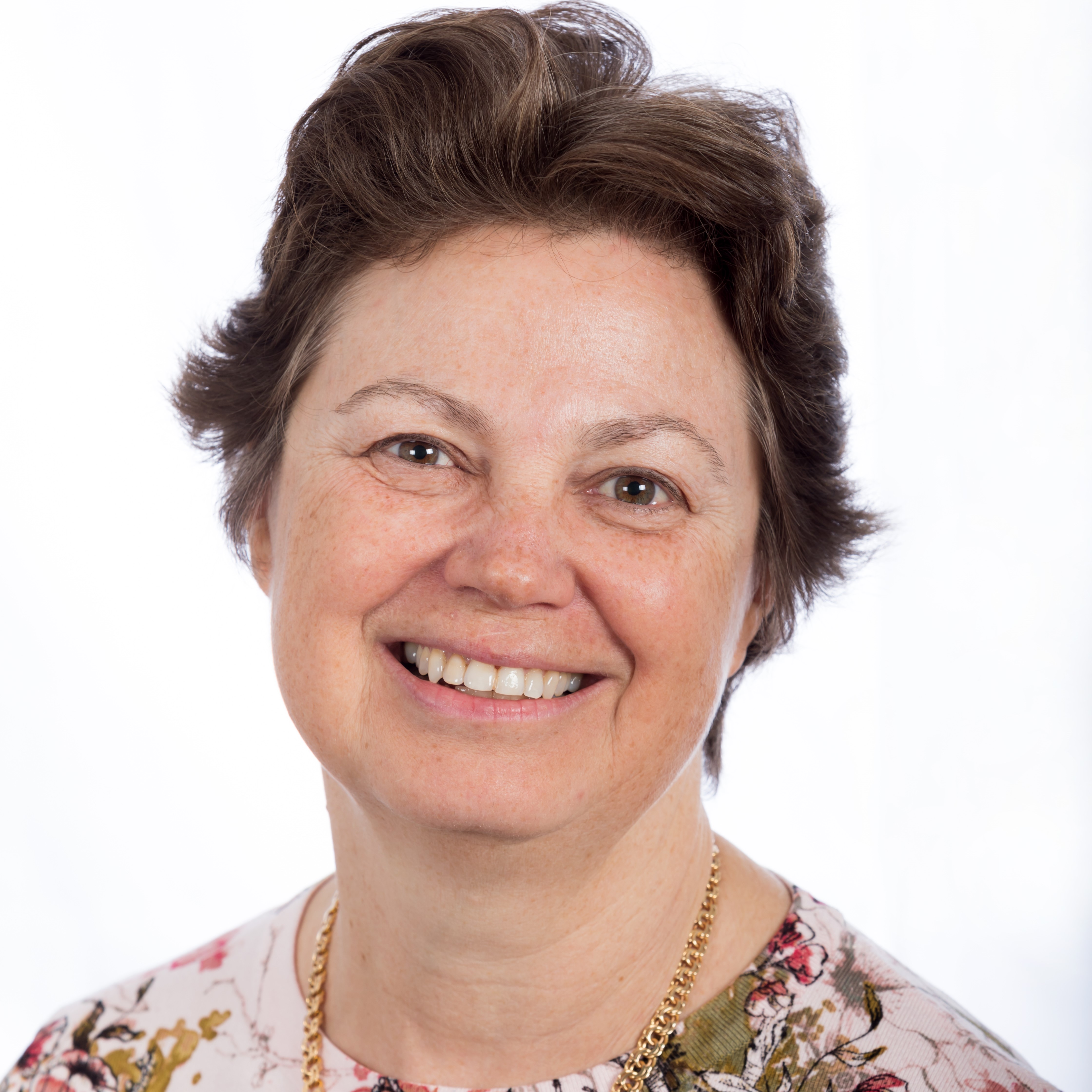
Jenny Zonneveld has a business background. Before she became a freelance translator, copywriter, and editor over 20 years ago, she spent more than 15 years at a firm of management consultants and worked in the UK, USA, Belgium, and the Netherlands. At the start of her freelance career Jenny compiled and prepared a series of reports stretching to hundreds of pages and including many tables and images, all in MS Word. In 2002 she developed a two-day hands-on MS Word workshop for SENSE, which was presented several times. From 2004 to 2006 it was offered to translation students as part of the Editing Minor run by SENSE and the ITV School of Interpreters & Translators.
Getting to grips with connectors in English texts
John Linnegar, Belgium
An increasing number of authors are having to write in English as their SL or FL. This places the onus on copy-editors and revisors to improve authors' writing so as to render it accessible to readers. Sometimes, in order to do so optimally, grammar skills need to be honed further. The incorrect or inappropriate use of connectors (either verbal connectors or punctuation marks) is a particularly troublesome aspect of much writing that requires editorial intervention.
This workshop will focus on the devices that can be used in written texts to ensure a smooth flow and logical connections between the parts of sentences, and even between sentences themselves. Skilled use of the appropriate connectors ultimately leads to texts that convey an author’s intended meaning most effectively. Such texts are also more accessible to readers.
We will be investigating ways of using (and ‘abusing’) both verbal connectors – conjunctions, relative pronouns, sentence adverbials – and punctuation marks – in particular the comma, the semicolon, the colon, the dash, parentheses – not only correctly but also to achieve the author's intended effect or meaning.
The participants will ‘learn by doing’ by engaging with a selection of substandard texts and considering ways of making them flow more smoothly and logically, using any or all of these devices. What will emerge from this workshop is a better grasp of how to use each of these connective devices to best effect.
About the presenter
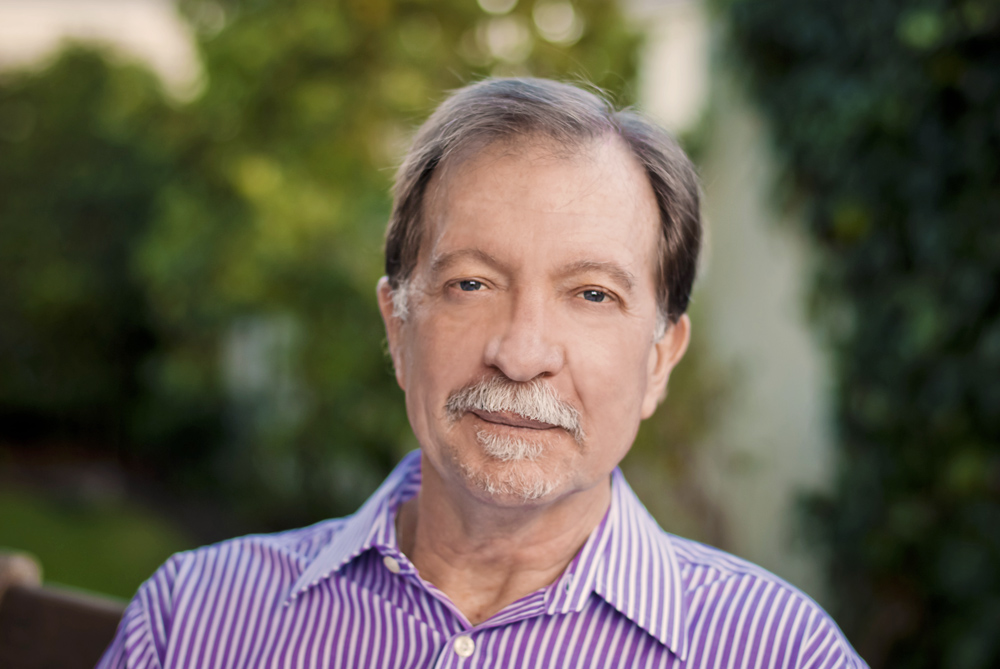
An author and a passionate copy-editor with some 40+ years’ of manuscript improvement behind him, John Linnegar is a former teacher of English at secondary school and undergraduate levels. His specialty as an editor is law. In 2009 he published a book on common errors committed by writers in English in South Africa (NB Publishers, reprinted 2013); in 2012 he co-authored Text Editing: A Handbook for Students and Practitioners (UA Press) and in 2019, together with Ken McGillivray, wrote and published grammar, punctuation and all that jazz … (MLA Publishers). He contributes regular articles on the usage and abusage of the English language to professional bodies.
Making reporting guidelines more useful for authors and language professionals: In biomedical science and beyond
Jennifer de Beyer, United Kingdom
This talk from the UK EQUATOR Centre (www.equator-network.org) will introduce reporting guidelines, why and how they are developed and disseminated, their quality, and the evidence for them.
Reporting guidelines aim to help authors in preparing journal articles by listing the minimum information needed about a particular study design in order for the results to be replicated or used. Originating in the biomedical sciences in the 1990s, they have since spread to research areas such as education, livestock, and environmental research – and new fields continue to adopt them. As funders and journals endorse and sometimes require their use, language professionals are often asked to use reporting guidelines or suggest checklists themselves. They could be required either to guide manuscript development or to flag missing information during copy-editing. However, reporting quality remains poor in every study design and research area studied, despite the promotion of reporting guidelines.
I will talk about why reporting quality has been slow to improve and what is being done in response. One reason is that users often struggle to choose an appropriate reporting guideline, there being more than 400 available for research involving people alone. In the absence of an agreed-upon development methodology or an overseeing body, the quality and utility of reporting guidelines remains variable, in addition to which the guidelines have overlapping and competing applications. Ongoing work to improve the way in which guidelines are developed and disseminated, and how users are supported, will be presented, as will the tools for authors and editors to use. I shall include in my presentation the role that language professionals can play in promoting reproducibility through reporting guidelines and in influencing how they are developed and disseminated.
Click here to register for the online conference
About the presenter
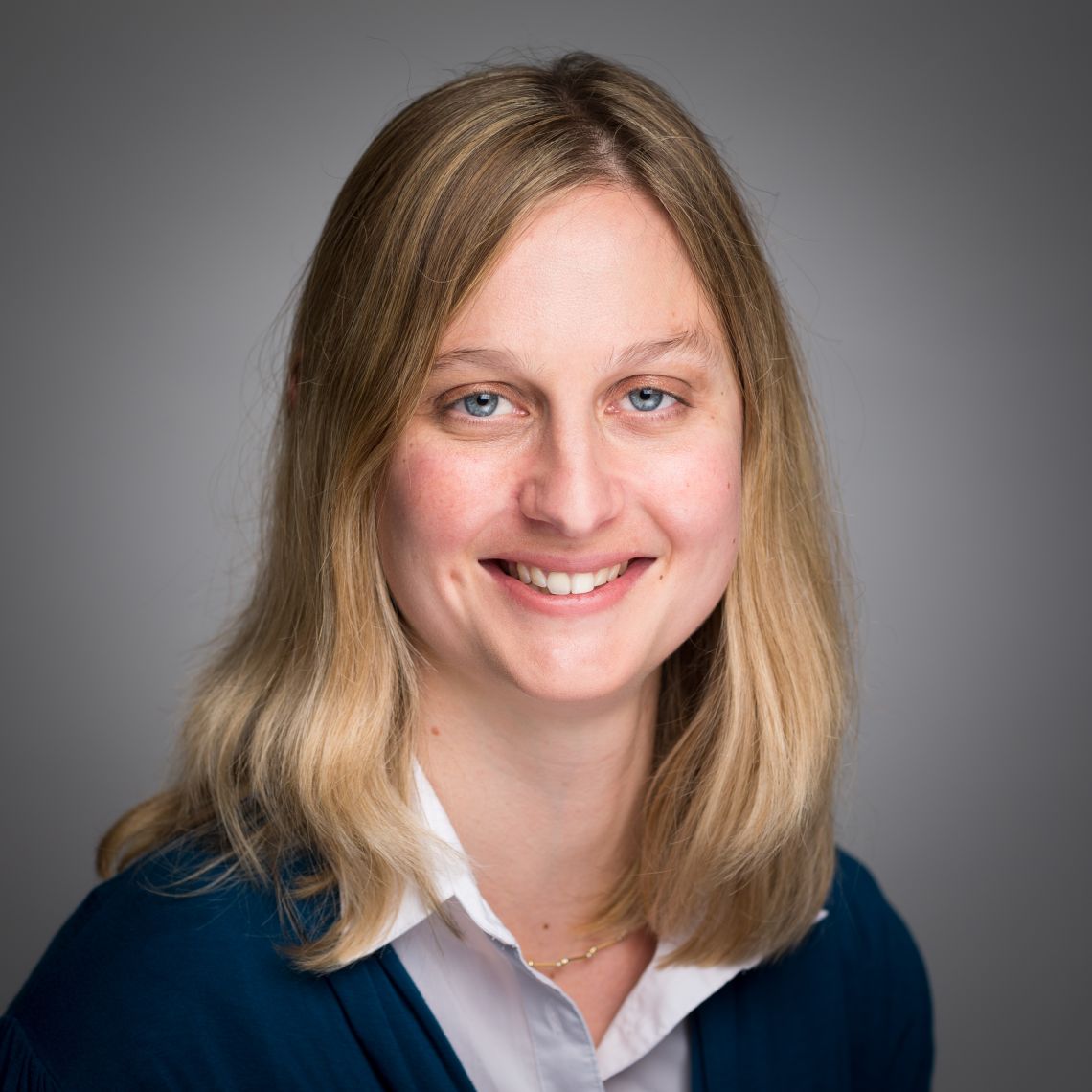
After training in laboratory research and working in academic editing, Jennifer de Beyer joined the EQUATOR Network’s UK Centre at the Centre for Statistics in Medicine (CSM), University of Oxford. Here she develops online and in-person training in academic writing and using reporting guidelines for clear, transparent research reporting. She also provides editing and writing support for CSM’s team of medical statisticians and methodologists.
The EQUATOR Network is an international initiative dedicated to improving the quality and transparency of health research. It focuses on research reporting, so that future research is based on a sound body of evidence. Through its four centres in the United Kingdom, Canada, France and Australia, EQUATOR raises awareness of reporting guidelines, provides online resources, develops education and training, and conducts research into research quality and transparency.
Honing skills through near-peer exchange: How language professionals and academics can shape each other’s outcomes, practice and well-being.
Wendy Baldwin, Spain
Translators and editors have a number of options for engaging in peer exchange, allowing them to benefit from their peers’ expertise and improve their practice and outcomes. But what if language professionals (LPs) could engage in a similar exchange with near-peers, professionals who work in adjacent areas of content and/or practice? Imagine a translator of anthropological texts working in parallel with an anthropologist: How might the partnership work and what knowledge, skills and benefits might accrue to each?
In this talk I present an LP–academic co-working model (LPAC) that I have been using with different academic partners and which has benefitted all the parties in various ways. The model draws on current social writing practices in academia: at the LPAC’s core are regular, structured co-working sessions during which the LP and the academic meet (in person or online) to work in parallel on individual tasks, with slots agreed upon for goal-setting, focused work, stocktaking and discussion.
I then discuss how the overlap and complementarity inherent in the LP–academic pairing shapes the benefits each offers the other in the context of the LPAC, focusing on the dimensions of discipline, language(s), career stage, and geographical location. One major benefit is knowledge exchange and improved outcomes: for example, the academic contributes content expertise and insight into current academic/publication practice; the LP provides their expertise in language and writing. The other type of benefit, equally crucial to both LPs’ and academics’ long-term practice, relates to cognitive–affective well-being: the supportive nature of the model means that both partners are likely to become more focused, motivated and productive and feel less isolated.
I end by outlining guidelines for setting up an LPAC and best practices for keeping these mutually beneficial partnerships going.
Click here to register for the online conference
About the presenter
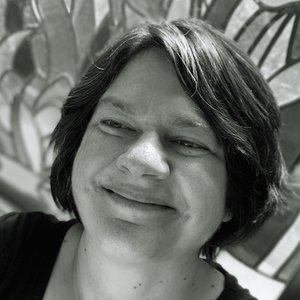
Wendy Baldwin is an authors' editor and Spanish–English translator specialising in scholarly texts in linguistics, language acquisition, education, computer science and engineering. Prior to starting her freelance business in Donostia-San Sebastián, Spain, Wendy trained in linguistics in the United States and taught academic writing at universities and colleges there and in Sweden. She has recently returned to her academic writing roots, offering writing courses and workshops to academics and PhD students in the Basque Country.
From whining to shining
Tiina Kinnunen, Finland
Tired of the memes where the freelancer translator is the only one staying up late or working during the weekend? Yes, they might be funny, but on the flip side of the coin is the cold truth. This is how the public sees us: as poor language nerds, working from home in their sweat suits and woolly socks, doing this for the love of language.
It’s time to change this. How can language professionals position themselves as experts commanding respectable fees? A Finnish initiative by 10 experienced professional translators, ‘The Translator’s Guide to the Industry’, offers practical advice on networking, brand image and management, marketing price negotiations, and much more. The initiative has also spawned cooperation between the authors and universities that train translators, which has resulted in guest lectures, workshops and articles.
We hope to empower other self-employed and freelance language professionals to position themselves correctly as experts in the language market and to benefit from others’ best practices. We aim also to establish and strengthen professional networks both to boost sales and to provide back-up and additional language services for clients.
Click here to register for the online conference
About the presenter
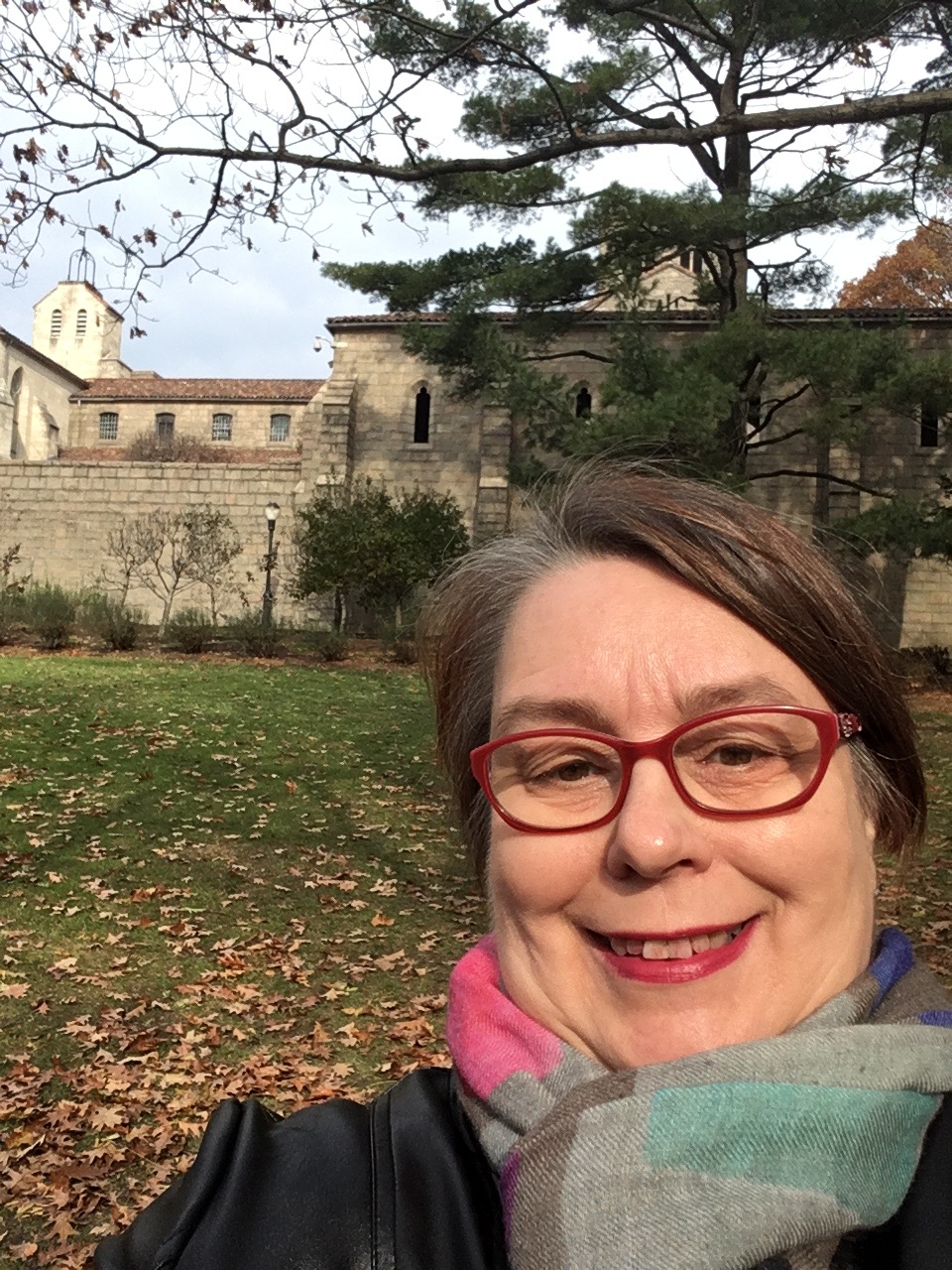
Tiina Kinnunen is a Finnish professional sub-titler and translator who has been working in the field for more than 30 years, and also training and mentoring numerous translators. A co-author of the Translator’s Guide to the Industry, she’s spreading the word of best professional practices at various events. She’s an active participant in translation conferences and a contributor to the university education of translators in the form of guest lectures and university visits.
Using your network to branch out into new areas
Sally Hill, the Netherlands
To ensure the money keeps rolling in, freelance language professionals must keep their skills up to date but also follow changes in the market and in clients’ needs. Adjusting the way we run our businesses sometimes means learning new skills and even branching out into new areas. However, as freelancers we are not necessarily well equipped to make such changes on our own, and we must therefore make use of others in our network – be this in the form of a mentor or of sharing with others who are going through the same process.
In this presentation I will share with you how an increase in clients’ requests for writing services led me to get interested in medical writing. I will recount how I got in touch with others in this field and helped set up a network for science and medical writers in the Netherlands. Organising and attending events for the network has led not only to new contacts but also several new clients. I’ve also learned a lot more about using social media platforms. An additional discovery along the way is that many young scientists with language skills are looking to move away from academia and into writing jobs in the Netherlands – a move that may need the support of organisations such as SENSE.
This session will probably be of interest to language professionals – freelance or otherwise – looking to move into new areas. I hope to give you pointers on how you can use your network to explore new options, discover new talents and expand your business. Those interested in learning more about medical writing and the newly formed Netherlands SciMed Writers Network are also very welcome to attend.
Click here to register for the online conference
About the presenter
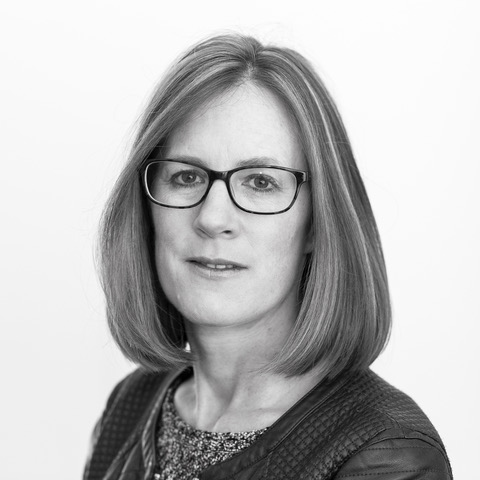
Sally Hill studied biology at the universities of Sheffield and Nijmegen. A former research scientist, she works as a freelance medical writer, editor and trainer in scientific writing at Dutch universities. She finds her experience in education sometimes slows down her editing work, though using the comments function to educate her non-student clients about good writing is not necessarily a bad thing. She is a keen networker and helps organise meetings for other Netherlands-based science and medical writers. She’s also a contributor to and editor of the SENSE blog.
How much time does quality require?
Brian Mossop, Canada
Translators and editors face a conflict between business pressures to produce quickly and professional pressures to achieve adequate quality. There is no easy way to resolve this conflict, but I will present some food for thought on the matter, giving special attention to two factors: attitude to the job and the difficult concept, ‘quality’. My presentation will be punctuated at intervals with opportunities to make comments or ask questions.
Click here to register for the online conference
About the presenter
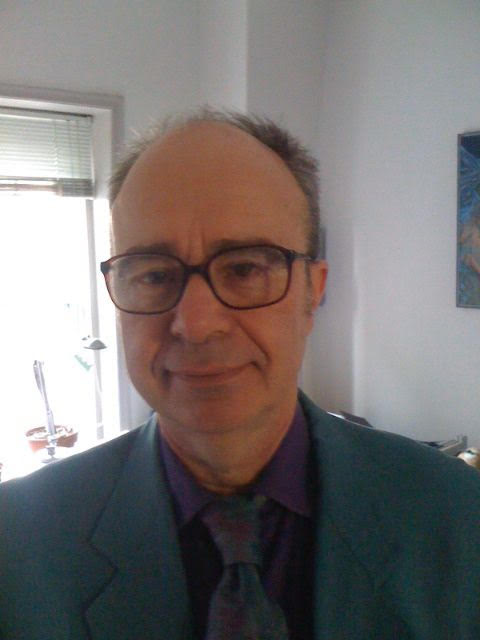
Brian Mossop was a French-to-English translator, reviser and trainer at the Canadian Government’s Translation Bureau from 1974 to 2014. He continues to lead workshops and webinars on revision in Canada and abroad. Since 1980, he has also been a part-time instructor at the York University School of Translation in Toronto, teaching revision, scientific translation, translation theory and translation into the second language. For more, visit www.yorku.ca/brmossop.
The plain truth: Applying Plain English principles to improving texts
John Linnegar, Belgium
Simplicity. Accessibility. Readability. Is the writer’s intention understood at first reading? These are the battle cries of the Plain Language Movement. But what exactly can the editor or translator do towards making texts meet these requirements?
When editors exercise their craft, they often tend to think of the standard facets of editing: copy-editing, substantive and structural editing, perhaps with some degree of formatting or styling for consistency. The need also to apply Plain English principles seems to be overlooked far too frequently, to the neglect of the target readers. In this day and age, conveying messages simply has become an important consideration.
During this session, I shall share some of the fundamental elements for adapting texts following Plain English principles. For those unfamiliar with them, this is an undoubtedly useful skill to acquire and cultivate, because it will gain them a reputation for transforming turgid writing into attractive, accessible and readable text that readers will delight in reading. And which will reflect well on its originators. These principles include:
- Striving for shorter, less complex sentences and paragraphs, simpler synonyms rather than more ‘difficult’ words, and strong, active verbs instead of brain-numbing nominalisations.
- Preferring the active over the passive voice, using more visual elements such as vertical lists, and expressing ideas and arguments positively rather than negatively are yet further devices to employ.
- And, of course, using punctuation not merely correctly but effectively.
Thanks to the many examples of unplain and plain English to be shared with them in an accompanying handout – and some audience participation – the participants in this session will leave with a Plain English ‘toolkit’. That kit is bound to equip them with the approach and skills needed to implement such a reader-oriented approach to improving texts. That’s the plain truth.
Click here to register for the online conference
About the presenter

An author and a passionate copy-editor with some 40+ years’ of manuscript improvement behind him, John Linnegar is a former teacher of English at secondary school and undergraduate levels. His specialty as an editor is law. In 2009 he published a book on common errors committed by writers in English in South Africa (NB Publishers, reprinted 2013); in 2012 he co-authored Text Editing: A Handbook for Students and Practitioners (UA Press) and in 2019, together with Ken McGillivray, wrote and published grammar, punctuation and all that jazz … (MLA Publishers). He contributes regular articles on the usage and abusage of the English language to professional bodies.
Editing in the era of digital nomadism: How I look after my mental and physical health
Marieke Krijnen, Belgium
I share, in the form of accounts of a number of short tips, how I deal with being a digital nomad editor: someone without a dedicated home office who often spends periods of time away from her home base. While having the freedom to work from anywhere is an enormous privilege, it also brings potential mental and physical health problems such as loneliness, isolation, burnout, back or neck problems from staring at a laptop screen all day, and a lack of exercise because you can’t commit to classes, for example.
I share practical ways in which I have dealt with these problems, such as joining digital support communities, using ergonomic tools with my laptop, using apps to block my email account after working hours, finding a way of exercising that is not dependent on where I am located at that moment, and much more.
Click here to register for the online conference
About the presenter
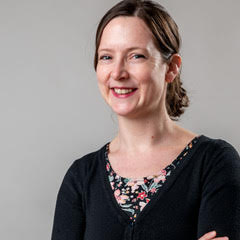
Marieke Krijnen is a former academic who left academia in 2017 to become a full-time copyeditor. She has since completed a number of training courses and is a member of SENSE and the SfEP. She has edited hundreds of dissertations, monographs and journal articles and is loving the freedom of freelancing while belonging to the warm and welcoming editing community.
